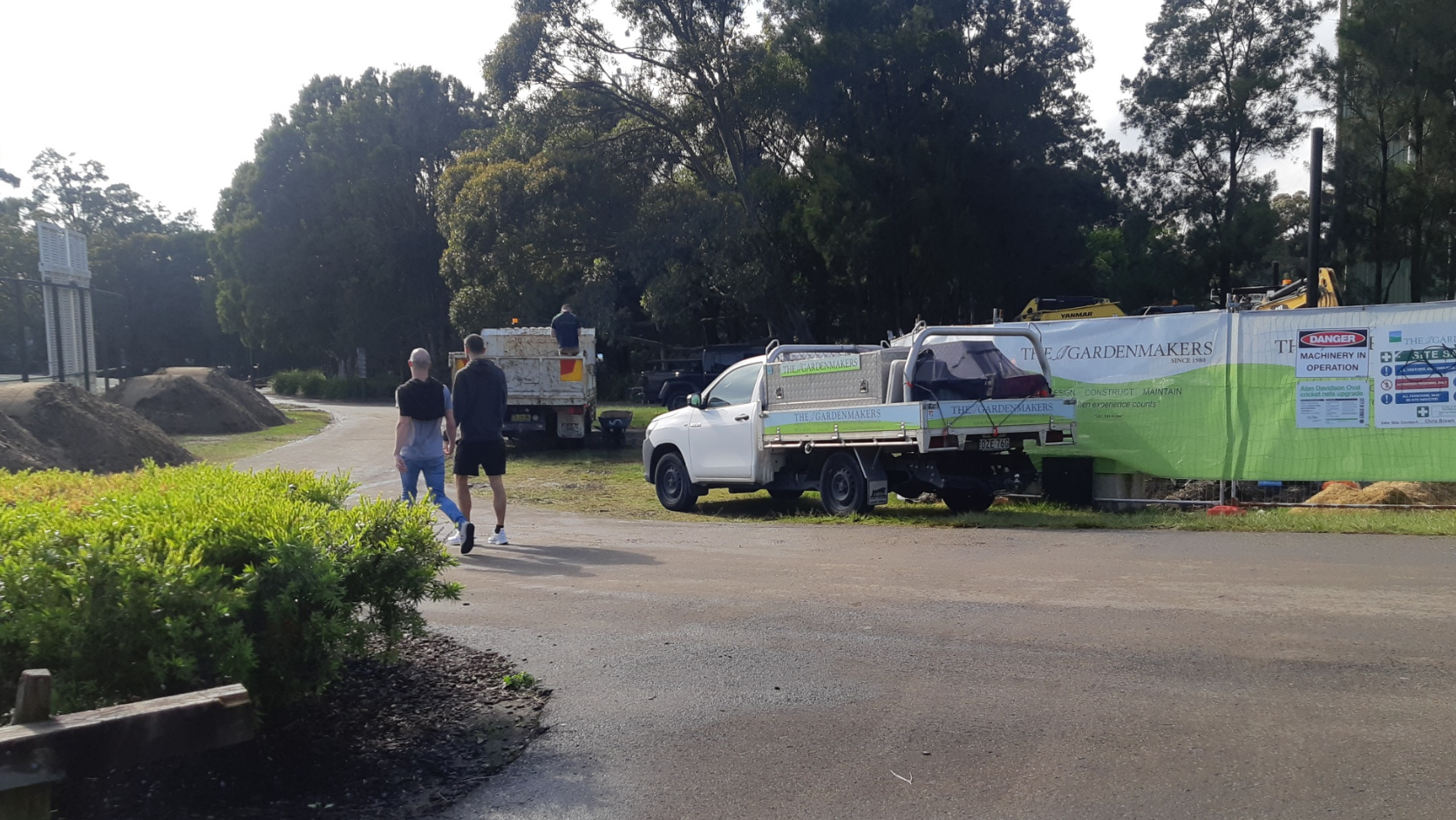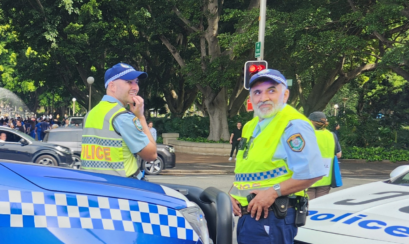Often for tradies, an inescapable part of doing business – especially in the Sydney metropolitan area – is receiving fines for parking and related offences, and driving matters. However things are changing, and some tradies are learning the hard way about “full road-use recording of offences” – meaning, your business vehicle can have a criminal record.
“Criminal record” of business vehicle provided to court
In a recent matter we dealt with, the prosecutor produced a virtual “criminal record” of business vehicles registered to our client’s company, including paid parking fines and related “non-criminal record” type of matters that normally would not show up if they have been paid.
The prosecution document listed every fine for parking, every camera-detected offence (including speeding and red-light cameras), not having angle parked correctly, stopped in a taxi zone, parked longer than authorised, stopped in a bus lane, driver using mobile phone, and so on, attributed to these business vehicles.
Over a nine year period there were many of these offences. All of the fines had been paid.
So why was this document provided to court? To give a “better picture of the offending”, we were told.
Business vehicles that may be impacted
While we are referring to “tradies” in this article, the same principles apply to the thousands of corporate entities, such as sole traders and small incorporated businesses, or any self-employed or contracted small business with the following characteristics: it has one or more motor vehicles registered to the enterprise, and one or more employees, associated persons or sub-contractors who are permitted to drive these vehicles.
In this matter, our client, “Mr A”, owned and operated a successful building trades specialist company, doing urgent on-call and construction work. Mr A had 17 employees hired as subcontractors, and six vehicles registered to the business.
Uncertainty regarding identity of driver of business vehicle
There was often uncertainty regarding who was driving which vehicle at certain times, days and locations. These details are all relevant, because when a business vehicle is caught doing something illegal, such as camera-detected speeding, running a red light or mobile phone offences, disclosure of who was driving is required.
Parking or simple “ticket” offences are a different matter – these were usually dealt with by payment, sometimes late, as Mr A tried to figure out who was responsible. Compliance times and pressures meant Mr A often just paid the fines in the company name.
After all, paying the fines was all that was required, and a bad “parking record” did not exist.
Until now.
Business vehicles and camera offences where no driver identified
Mr A’s business vehicles did end up being involved in a few matters where he had to track down the driver. One was a $278 fine for a speed camera offence in a tunnel (which included three demerit points). While there were photos captured, there were no visible driver features to identify the person driving.
Mr A took the matter to court, but was told if there was no driver ID on the photo offence, and no success in tracking down the driver, the fine (for a first offence) was to the company for “fail to nominate driver within time specified, vehicle registered to corporation”, and totalled $1372. That was accompanied by a caution, which meant that the next same offence would be treated as a “first offence”.
Eighteen months later there was an identical second offence, and he received the same fine of $1372, because it was still a “first offence” due to the earlier caution.
Twelve months later, he received three “fail to nominate: 2nd+” offences within two months, each costing $3,732.
Four years later, there was another “fail to nominate: 2nd+” offence, this time with an increased fine of $3,947.
Court receives “criminal records” of business vehicles
Mr A took the latter fine to court and was prepared for another massive fine when he found something he believed was quite prejudicial to his case – or possibly quite helpful.
The prosecutor produced the “criminal record” document of Mr A’s business vehicles, containing all of the paid parking fines and other “non-criminal” recorded traffic matters that do not normally appear if they have been paid.
The document also contained in bold, red print the six “fail nominate driver within time specified, vehicle registered to corporation” matters, outlined above, including the current one.
When we questioned why they were in bold, we were told it was because that was the class of offence being prosecuted and defended on that day.
This raised the question as to why the other offences were included – to give the court a “better picture of the offending”, we were informed.
In court we told the magistrate that although this was a sixth offence of this type, the prosecution document shows that Mr A has a lengthy record of other offences, and every one of them – a very large number – have all been paid.
It further showed a great deal of revenue generated and paid for by Mr A’s company, and that the only times that he really could not identify a driver, he fronted up and argued his case.
The upshot was not a perfect outcome, but the magistrate dealt with it sympathetically.
Implications for owners of business vehicles
This is a particularly difficult area of law, especially for a tradie or other similar small company to deal with in the realities of daily work. Unfortunately it will not change until sensible reforms are introduced.
Our clients tell us the compliance costs have escalated far beyond anything that was envisaged years ago when the rules were drawn up. It’s simply a matter of paying up or losing your licence – as the sole trader or shareholder/director – or worse.
Many businesses pay these fines as part of the unavoidable cost of carrying out work in the metropolitan area of Sydney.
Our advice to business owners is to be aware that your vehicle’s “criminal history” may be collected and used against you in some cases, whether you are a sole trader or small (or big) corporation.
Further questions then arise as to who else has access to this data. Is it metadata? What are the rules on using it?
Can councils – which are big recipients of parking fines – have access? Or do councils have their own stand-alone or linked schemes to “identify frequent offenders” and to seek out such vehicles?














